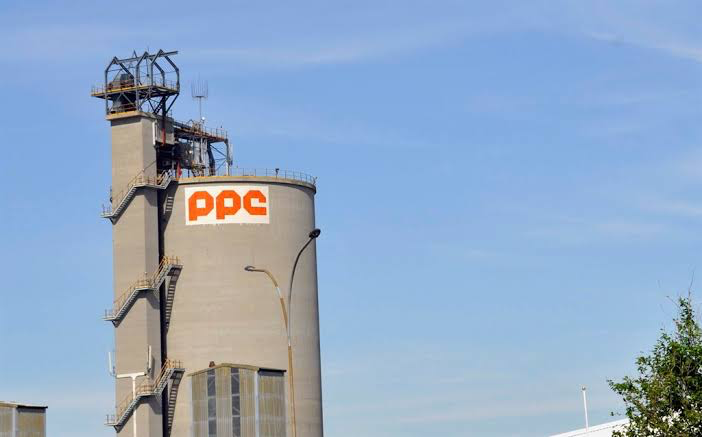PPC Ltd, a leading cement producer in South Africa, has taken a significant step towards sustainability by signing an agreement to power its Slurry and Dwaalboom plants with solar energy. The move aligns with the company’s broader commitment to reducing its carbon footprint and enhancing energy efficiency across its operations.
The agreement, signed on August 12, marks a milestone in PPC’s efforts to transition to renewable energy sources. Under the terms of the deal, the cement giant will install solar power facilities at its Slurry plant in the North West Province and the Dwaalboom plant in Limpopo. These plants are among PPC’s most critical production sites, and the integration of solar power is expected to significantly cut down on electricity costs and greenhouse gas emissions.
The solar power project will be developed in partnership with a reputable energy provider, whose name has not been disclosed. The solar installations at both plants are expected to generate a substantial portion of the electricity needed for operations, reducing the company’s reliance on the national grid and helping to mitigate the impact of frequent power outages in South Africa.
Roland van Wijnen, CEO of PPC Ltd, expressed his enthusiasm for the project, stating that it is a critical component of the company’s sustainability strategy. “This solar energy project is a testament to PPC’s commitment to reducing our environmental impact and ensuring a sustainable future for our operations. By harnessing the power of the sun, we are taking a decisive step toward cleaner energy and a lower carbon footprint,” van Wijnen said.
The project is part of PPC’s broader plan to achieve a 10% reduction in carbon emissions by 2025, with a long-term goal of reaching net-zero emissions by 2050. The use of renewable energy, particularly solar power, is central to this strategy, as the company seeks to align with global environmental standards and respond to increasing pressure from stakeholders to adopt greener practices.
In addition to environmental benefits, the solar project is expected to provide significant economic advantages for PPC. By generating its own electricity, the company can shield itself from rising energy costs and improve the predictability of its operational expenses. This is particularly important in the context of South Africa’s volatile energy market, where power supply disruptions and escalating tariffs have posed challenges for industrial operations.
The solar installations are set to be completed in phases, with the first phase expected to come online by mid-2025. Once fully operational, the combined capacity of the solar plants is projected to meet a significant portion of the electricity demands at the Slurry and Dwaalboom sites, reducing the plants’ dependence on coal-fired power and contributing to the country’s renewable energy targets.
PPC’s initiative reflects a growing trend among South African companies to invest in renewable energy as part of their sustainability efforts. As the country continues to grapple with energy challenges and the global shift toward green energy accelerates, more businesses are likely to follow PPC’s lead in embracing solar power and other renewable energy sources.
In conclusion, PPC’s agreement to power its Slurry and Dwaalboom plants with solar energy marks a major step forward in the company’s sustainability journey. The project not only underscores PPC’s commitment to environmental stewardship but also positions the company to thrive in a future where renewable energy plays an increasingly vital role in industrial operations.
Source: Engineering News



